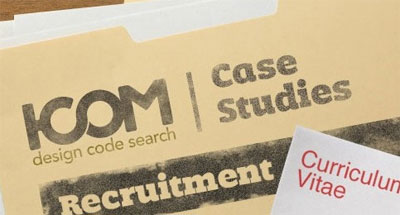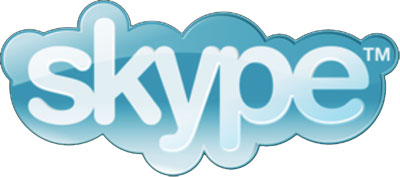 Bosses and workers reveal those job interview gaffes that won’t get you on the payroll
Bosses and workers reveal those job interview gaffes that won’t get you on the payroll
We all know there are a million ways to make sure your job interview runs smoothly: Turn up on time, dress smartly, and be polite to the interviewers. But there are just as many ways to wreck your chances as well.
A nationwide workplace law consultancy has asked both managers and employees about the mistakes they’ve witnessed that guaranteed the interview would end badly, and was shocked at the ways even well-qualified candidates managed to ruin their chances.
Yorkshire-based Protecting.co.uk heard a tidal wave of tales of rude and over-confident interviewees, bizarre behaviour, as well as questions that bordered on the offensive.
“A job interview is a huge moment in a person’s life, and it’s only natural that nerves get the better of some,” says Protecting spokesperson Mark Hall. “But that doesn’t even come close to the shocking behaviour displayed by job hopefuls we’ve heard running this survey.”
Protecting.co.uk spoke in confidence to both managers who had interviewed prospective job candidates, as well as employees who had experienced cringeworthy moments in their own interviews. Here are ten of the best:
- “I asked the traditional ‘Would you like a drink of water?’ question to start things off, and he took this as the cue to start eating his packed lunch. He was civil enough to offer me a crisp, which I politely declined.”
- “We were interviewing for a senior sales post, and I genuinely had to ask one cocky guy if he’d brought enough chewing gum for the whole interview panel. It turns out he had.”
- “It’s an old favourite, but candidates still ask how much sick leave they’re allowed in a year. That immediately puts the word ‘skiver’ into my head. Don’t ask, unless you’re going to be open and honest about a long-term illness.”
- “I was going for a whole load of jobs at the same time. I sat down in front of the boss and asked ‘Which one are you again?’ He said ‘If you don’t know, you’re in the wrong place’, and that was the end of that.”
- “Seriously, don’t bring your parents along to the interview, no matter how junior the position. You’re a grown-up now, and you’re going to have to speak for yourself. And if you think I’m joking, this has happened on at least three occasions while I’ve been on a board.”
- “I managed to insult the company’s main trading partners in my interview by calling them ‘rank amateurs and con merchants’, something I would have known if I had done the tiniest bit of research first. The worst part was that I was trying to join the sales department, and I would have dealt with them every single day. Do your research!”
- “Here’s a few tips from your future boss. Don’t call me ‘mate’, and don’t try to fist-bump me when I offer my hand.”
- “Don’t lie about your expertise. We’re the experts, and we’ll find you out in about five seconds flat if you’re lying. As a manager, I’d much rather take on somebody who’s honest about not knowing everything but is willing to learn. I’d never take on a liar.”
- One of the standard questions is ‘Where do you see yourself in a year’s time?’ One young lady said ‘Marrying my manager’. I was flattered, but my current wife would not have been impressed.”
- “I started an argument about politics in a job interview. So here’s my tip: Never start an argument when you go for an interview, as they’ve got big scary security guards to escort you out of the building. They also seemed to have a panic button – not the best day of my life.”
Protecting.co.uk ‘s Mark Hall says that these job interview horror stories can easily be avoided with a little bit of research and a little bit of common sense. However, while poor behaviour in the interview room usually ends with a rejection letter, there’s a growing fear that spurned candidates may try to follow this up through legal channels if they think they’ve been treated unfairly.
“Managers live in fear of being accused of discrimination when interviewing for a new employee, to the point that some even record the occasion just in case there’s any comeback,” says Hall.
He says that while most companies take steps to avoid this outcome, it’s nearly impossible to filter out all prospective claimants, no matter how careful and diligent they are.
“The nightmare job interview is now seen as one of life’s hazards when it comes to managing people,” Hall says, “The best thing is for both parties to laugh it off and learn from their mistakes.”






